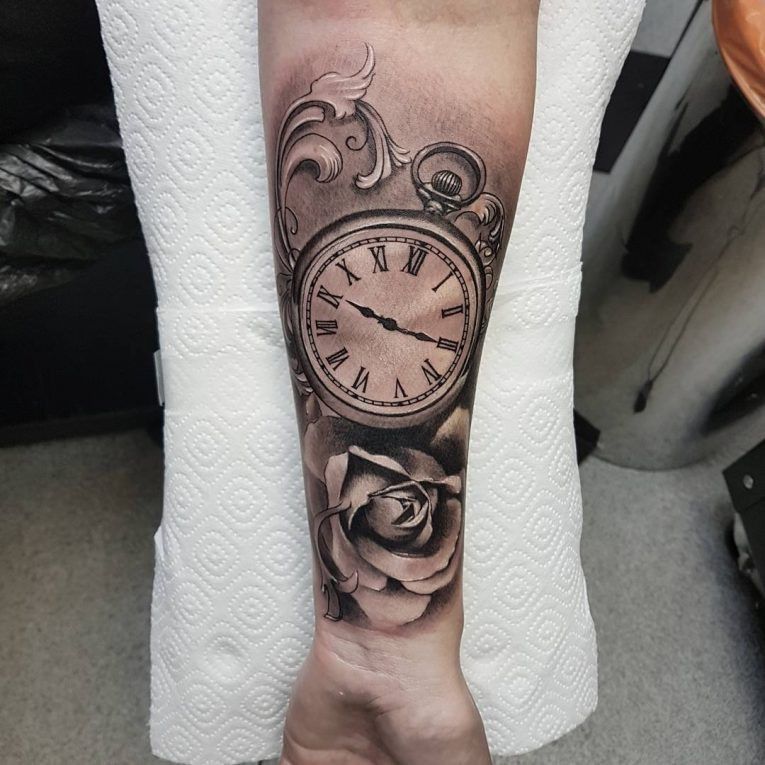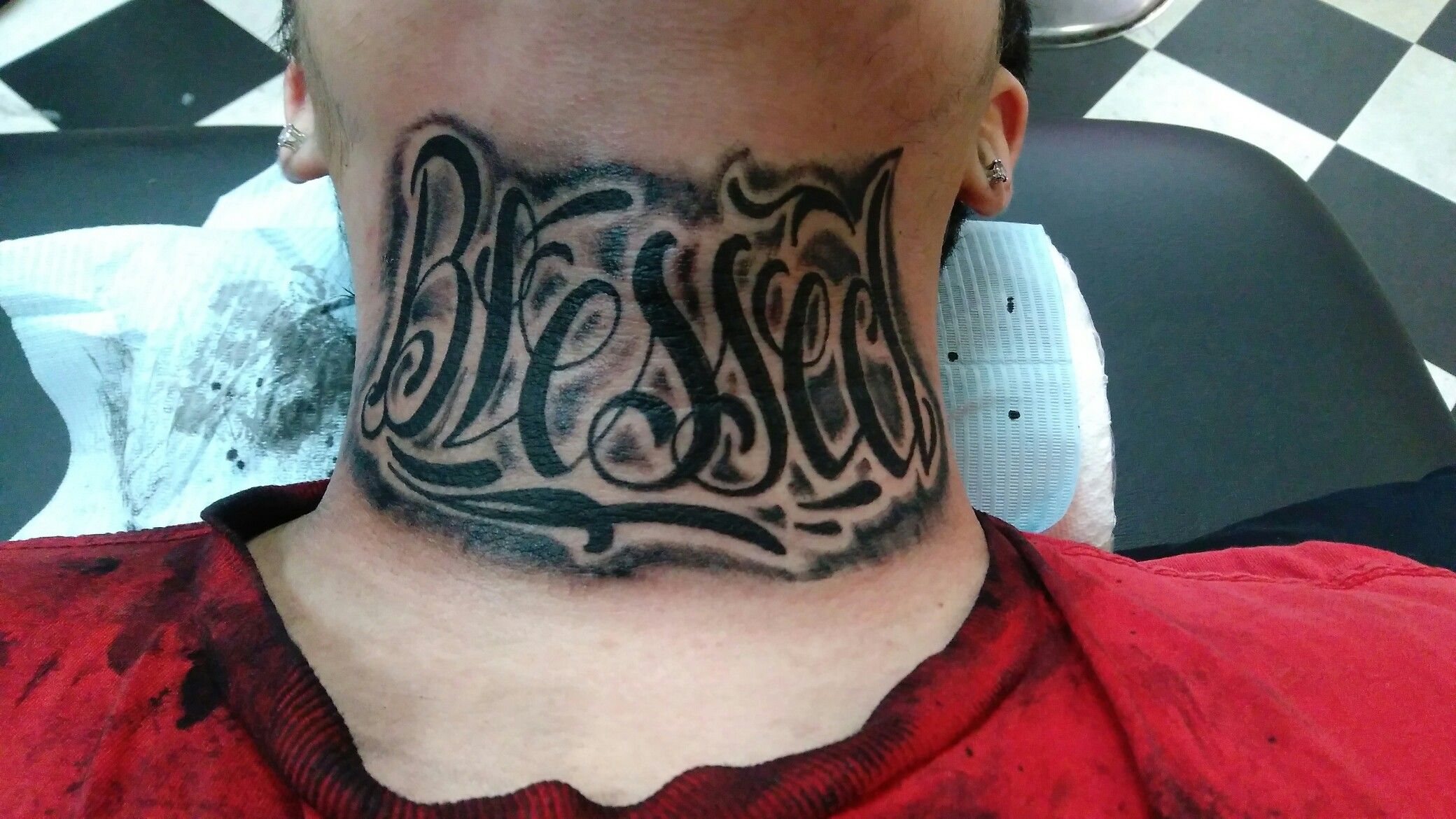There are several important steps that you need to take when caring for your new tattoo, whether you chose to get it done on your wrist or your foot. After getting your tattoo, it is important to use the right aftercare products to maintain it. First, moisturizing regularly will keep it clear and bright. Next, you should avoid wearing dirty, sweaty, or itchy clothes on the tattooed area. Finally, you should use a Tattoo Ointment to help your skin recover from the procedure.
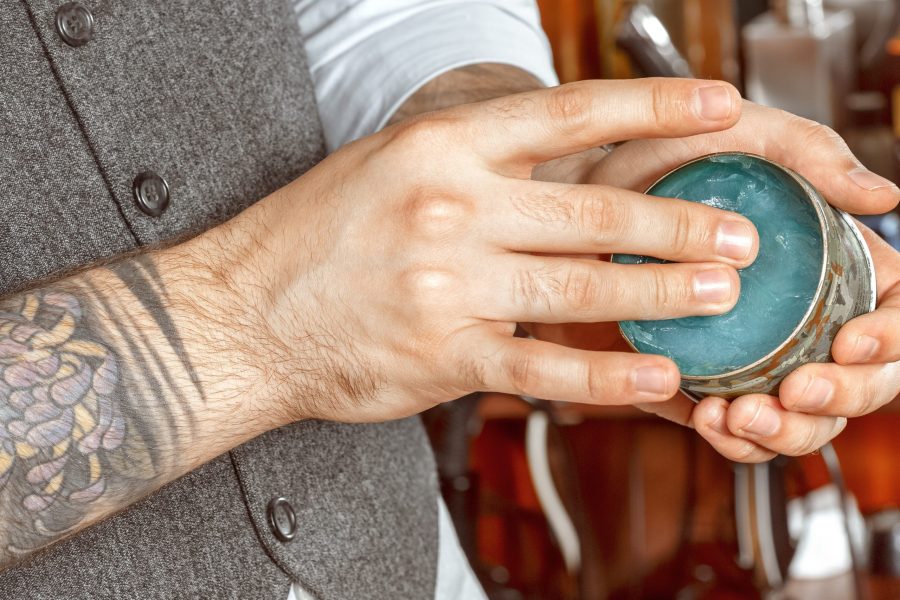
Moisturizing regularly helps keep tattoos looking bright and clear
Tattoos need extra care in order to look their best, and daily skincare routines will help protect the ink from fading. The ink itself will not fade, but the skin will during the aging process, which means it needs extra care. Unlike other skin types, tattoo skin requires moisturizing and hydration. A good lotion will not only keep your tattoo bright and clear, it will also keep the surrounding skin moisturized.
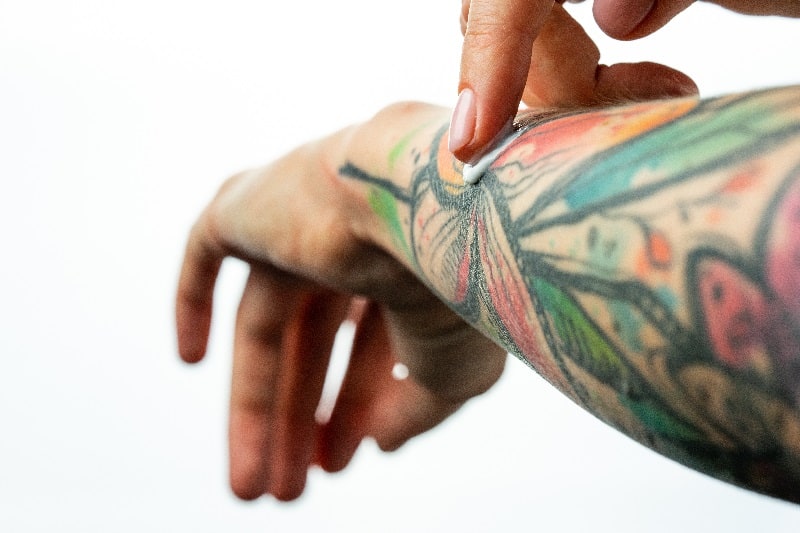
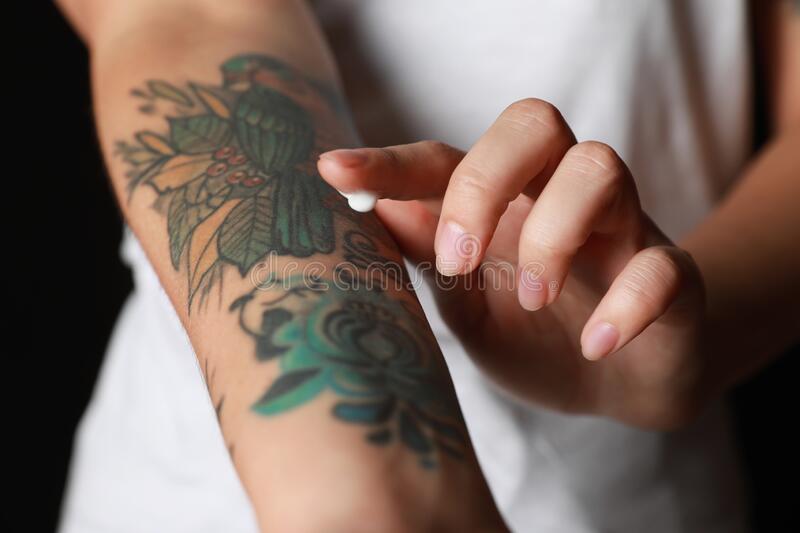
To moisturize your tattoos, you should first cleanse the area to prevent skin dryness. Then, apply lotion to the area every three to six hours. Do not apply too much lotion, as it could lead to wrinkles and pimples. It also increases the risk of infection.
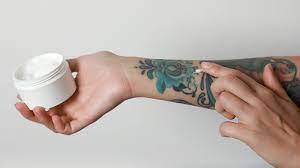

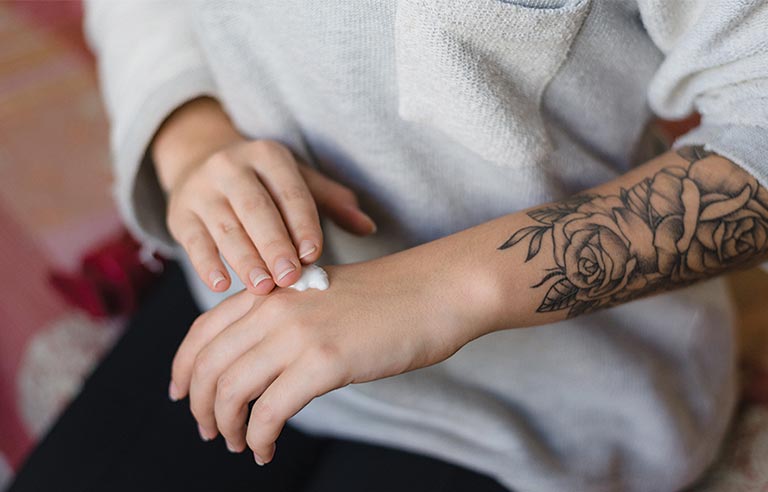
Apply a broad-spectrum sunscreen with SPF 30 or higher, which will protect your tattoo from the sun’s harmful rays. It is important to choose a sunblock that is water-resistant. It is also a good idea to use a daily moisturizer that contains nourishing ingredients.

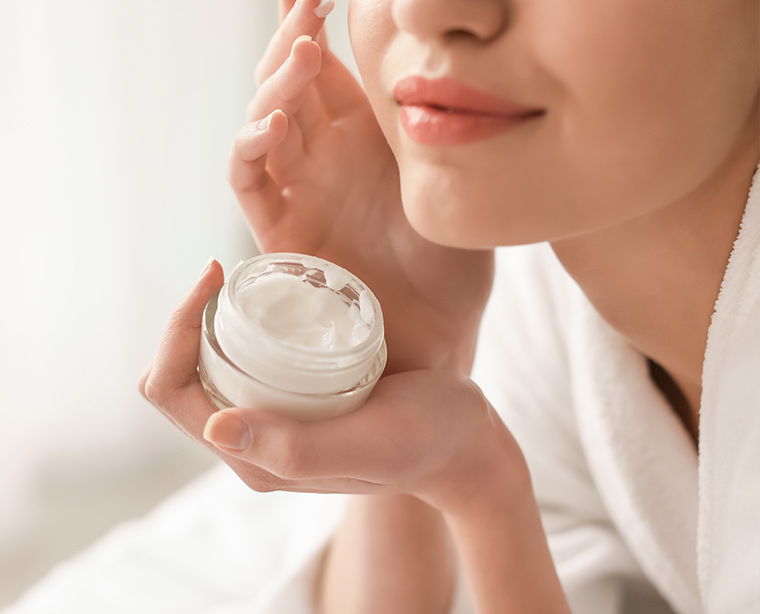

While it’s crucial to moisturize your tattoo regularly, don’t over-moisturize it, as this can lead to serious healing problems. Stick to the recommended aftercare routine and don’t introduce new steps without consulting a professional. Remember, over-moisturizing your tattoo can cause it to fade, which may lead to heavy scabbing and dryness. Use a thin layer of moisturizer at least twice a day, and wipe it off afterward with a soft cotton towel or paper towel.
After the tattoo has healed, it’s important to apply a thin layer of lotion or oil to it daily. If you don’t moisturize it regularly, it can peel off and become itchy and irritated. Scratching it can lead to infection. And if the tattoo becomes too dry, it can also crack, flake, or develop serious scabbing.
Avoid direct sunlight
If you have a fresh tattoo, it is best to avoid direct sunlight. Applying a sunblock with an SPF of 30 or higher is highly recommended, as it prevents 98% of the sun’s rays from penetrating your skin. When purchasing a sunscreen, consider a broad spectrum one. This type of sunscreen blocks both UVA and UVB rays.
As with any new tattoo, you should avoid direct sunlight for a few weeks after your tattoo is completed. It is also wise to wear loose clothing to protect your new tattoo from the sun’s damaging UV rays. Using sun screen is not sufficient, however. You should also cover your tattoo with a protective film, such as Protective Tattoo Film from Dermalize.
While it’s tempting to sit in the sun for a few hours after you get your tattoo, you need to be extra careful. Newly tattooed skin has little melanin pigment, and therefore is vulnerable to the damaging effects of UV rays. It’s vital to protect your tattoo from the sun as much as possible. Sunlight can also cause fading of the pigment, which is why sun protection is so important.
Whether your tattoo is inked on the arm or torso, it’s important to keep it out of direct sunlight. Exposure to the sun can cause skin damage and delay the healing process. Sunburn can also lead to blistering, which can be painful and may even lead to an infection. If you do get a sunburn, you might need to see a doctor to get antibiotics for your tattoo.
If your tattoo is still fresh, you should wear a sun cream with a high SPF. This cream will protect your tattoo from harmful UV rays and also help heal your tattoo. Applying sun cream should be done every few hours, especially if you’re going to be in the sun for several hours.
It’s important to protect your new tattoo from the sun for several weeks after getting it. Direct sunlight can lead to skin cancer and skin blemishes. It’s also important to use sunscreen that protects your tattoo from the sun’s UVB rays. Sunscreens with SPF 30 or higher are best.
Avoid dirty, sweaty or itchy clothing
When caring for your tattoo, you need to avoid touching it with dirty or sweaty clothing. You should also avoid perfumes or scented soaps. The best soap to use is an unscented antibacterial one. You should also avoid very hot water to avoid damaging the tattoo.
The best clothing for caring for your tattoo is loose fitting and cotton. The tattoo will ooze during the first few days of healing, so you should wear clothes that do not rub against it. Dark, breathable cotton clothes are recommended. It is also important to avoid going to public places while wearing your tattooed clothing.
After the initial healing phase, your tattoo will start to feel itchy and flaky. You should avoid picking or scratching it because it can affect the pigment in the tattoo. In addition, scabs tend to fall off on their own. To help dissolve the scabs, apply moisturizing lotion to the area regularly. While you can shower during this time, bathing and swimming shouldn’t be done for at least two weeks.
Besides wearing proper clothing, you should also practice good hygiene. Avoid touching the tattoo, and avoid swimming, as this can cause premature scab removal. Also, stay away from tanning booths or sun exposure. Sunlight is harsh on new tattoos and can damage it permanently. Moreover, you should avoid wearing tight clothing until your tattoo is healed.
Once the tattoo has healed, you should wash it off with warm water and hypoallergenic soap to avoid removing the moisturizing cream on your skin. Afterwards, you can wipe it dry with a soft cloth. To keep the tattoo looking its best, make sure it stays clean and moisturized. Occasionally, your tattoo may ooze ink or a thick, sticky substance. These are usually only leftover fluids from the tattooing process.
Avoid petroleum jelly-based emollients
While petroleum jelly has a number of useful properties, you should avoid using it as a tattoo care emollient. The reason is that it may draw the ink out of the lower layers of skin, which could cause the tattoo to fade over time. It may also break down materials that are used in Tattoos, such as latex, nitrile, and rubber. Additionally, you should avoid using it after you have received your tattoo, because it can transfer pathogens to the wound.
It is best to use products that contain only non-allergenic ingredients. You should also avoid petroleum jelly-based emollients that contain petroleum, as these products may block air flow and increase the risk of infection. Your tattoo needs to breathe and stay moisturized, and you can do this by using a skin-friendly ointment such as Aquaphor Tattoo Ointment.
When choosing a topical emollient, choose one that contains a non-porous gel that can protect against water jets. You should choose a product that is unscented, and you shouldn’t share it with anyone else. If you’re using petroleum jelly-based emollient, ensure that you buy one that is sterile.
When it comes to aftercare, most tattoo artists recommend using a lotion to help the new tattoo heal. Various brands of lotions contain different ingredients. Some may even be harmful to your tattoo, so be sure to read the ingredients list and avoid the ones you’re allergic to. For example, lanolin is a natural oil from sheep’s wool, so you should avoid it if you’re allergic to wool. Other ingredients that may cause irritation include unpurified beeswax and dyes. They will clog the pores and slow the healing process.
As you continue with your tattoo, you may notice that the area will become slightly greasy and messy. It will take a couple of months to completely heal. It’s also a good idea to avoid using any petroleum jelly-based emollients after your tattoo. This will ensure your tattoo looks better for longer and won’t fade too quickly.
A good alternative to petroleum jelly-based emollient is organic coconut oil. Coconut oil is a natural moisturizer with zero toxicity when applied to your skin. However, you’ll still want to use a lubricant that is sterile and free of scent. You can even find a vegan option, which contains shea butter, coconut oil, or beeswax.
Tattoo Care – How to Take Care of Your Tattoo
Taking good care of your tattoo is important if you want to keep it looking great. You should always moisturize the area and avoid using petroleum-based products. You should also avoid scratching the tattoo. Also, remember to check for signs of infection. Following these tips will make your tattoo last longer. You can also apply Vaseline ointment twice a day.
Moisturizing your tattoo
After getting your tattoo, you must take proper care of it to keep it looking good and last for a long time. You can use an antibacterial soap to clean it off and then apply a moisturizing lotion. This will help to keep the tattoo from drying and will prevent the formation of scabs and crusty material.
While moisturizing your tattoo can make it look more beautiful, it is important to avoid over-moisturizing your tattoo. After getting a tattoo, your skin may become extremely sensitive, making it difficult to keep it clean. Apply a small amount of moisturizer to the area at least two or three times a day. If you want the healing time to be faster, moisturize your tattoo at least once every eight to twelve hours.
When choosing the lotion or ointment for your tattoo, you should look for products with dermatological testing and no fragrances. This is because fragrances can irritate tattooed skin. You should also choose a product that is safe for all skin types. Organic moisturizers are usually safe and gentle to use.
Using a moisturizing lotion is essential in keeping your tattoo clean and sanitary. If you don’t, you can irritate the ink and cause it to peel off. When skin becomes too dry, it may even lead to infection. You must also avoid over-moisturizing your tattoo. If you notice a white layer on the skin around your tattoo, you need to stop using that lotion immediately. You need to give your tattoo some room to breathe, so use a lotion that absorbs quickly.
To avoid over-moisturizing your tattoo, you should apply a thin layer of organic lotion over the tattoo. Don’t apply too much lotion or cream, because it can cause the ink to smear and cause an infection. It can also cause the skin to break out and cause irritation.
Remember that scabs will form on your tattoo. Don’t pick at them or rub them. They will fall off naturally within two weeks. If you pick at the scab, you could remove the ink from your tattoo. It might even cause light spots to appear on your healed tattoo.
Avoiding petroleum-based products
If you want to take care of your new tattoo properly, you should avoid using petroleum-based products. These products contain toxins and can harm your body. They can cause hormonal imbalances and even cancer. They can also clog your pores and lead to pimples and blackheads. They may even cause allergies.
Vaseline can actually do more harm than good for your new tattoo. The petroleum in Vaseline can clog the pores and prevent the ink from healing properly. Vaseline has been used for years, but it does not promote a healthy healing process. It is a popular product, but you should avoid it to keep your new tattoo looking beautiful and healthy.
If you are looking for a skin-safe lotion, a fragrance-free white water-based hand-lotion is fine to use. Do not use a lotion with essential oils, as they contain oil that can irritate your tattoo. You should also avoid using any cream with Neosporin or A&D, since these can cause rashes and inflammation. In addition, it’s best to use a scent-free body soap or lotion.
Although you can use Vaseline on your tattoo after it’s fully healed, you should avoid using it on the area for the first three weeks. Vaseline should only be applied on areas that are extremely dry. You should use antibacterial soap to wash your tattoo with. It’s also a good idea to avoid showers that last longer than 15 minutes.
Petroleum jelly may not be harmful to your tattoo, but it can cause serious problems for your skin. It blocks pores and does not allow your skin to breathe, which will cause it to heal too slowly or result in acne and breakouts. A tattoo is an open wound, and it needs oxygen to heal properly.
Vaseline is a common household product made of petroleum jelly. It’s used for many applications, including moisturizing dry and sensitive skin. Vaseline is also extremely affordable and a staple in many households.
Avoiding scratching
The first step to preventing scabbing and itching after getting a tattoo is to keep the area clean and moist. To do this, simply wash the area with lukewarm water and antibacterial soap, pat it dry, and use a fragrance-free moisturizer. Moisturizers can help ease the itching and promote healing, so be sure to use them frequently.
If the tattoo scabs, it is not safe to scratch it. This is because scabbing can be the result of improper aftercare or a poor application by the artist. You should also wash the tattoo area thoroughly twice a day with an unscented soap. After four days, you can replace the antibacterial soap with one that is free of irritants.
Besides the potential risk of infection, scratching can also damage your tattoo. It can cause inflammation and scarring. This will negatively affect the final results. Therefore, you must avoid scratching your tattoo if you want it to last for years. By following these simple instructions, you can ensure that your tattoo stays in good condition.
If you notice red bumps on the area around your tattoo, it might be a sign of an allergic reaction or an infection. If you suspect that you have a skin infection, see a doctor. Symptoms of this condition may be itching or a rash.
Another important step in avoiding scratching after getting a tattoo is to use a moisturizer on the area after getting it. A good moisturizer will prevent dry flaking skin from itching. While you moisturize, be sure that it is not too thick, since the tattooed area needs to breathe. Always pat off any excess lotion with a clean paper towel.
Signs of infection
If your tattoo has an infection, you should see a dermatologist right away. The doctor will take a swab of the pus and send it to a lab for testing. The results of these tests will determine which bacteria is causing the infection. Then, you will be prescribed antibiotics. In some cases, antibiotics may be required for weeks or even months.
Some signs of infection include pain, tingling, or a red, hot spot near the tattoo. The skin near the tattoo may be pale or cool, and it can start to bleed. Infections can also raise your core body temperature and cause extreme tiredness. It is vital to seek medical attention if these symptoms persist for more than a day.
Swelling is common after getting a tattoo, but it can be a sign of infection. If you see a persistent bump, bubble, or pus, this is a sign of an infection. Other signs include crusting, fever, or pus-filled blisters. Infection may be life-threatening and requires medical attention.
Infections can be treated with antibiotics or antibacterial ointment. Avoid using alcohol or hydrogen peroxide on the tattoo, as they can slow the healing process. Alternatively, you can apply an unscented water-based cream or non-stick bandage over the tattoo. If the infection is still bothersome, you may need to take an over-the-counter pain medication, such as Tylenol or ibuprofen (Advil).
Infections can be treated with antibiotics if they are mild. However, more severe infections can take months to clear up. Besides taking antibiotics, you should ensure that your tattoo is kept clean and dry at all times. It is also imperative to follow the instructions of your tattoo artist.
Tattoo infections are not very common, but there is always a risk. Symptoms vary according to the type of infection, where it is located and the immune system response. Some people experience mild symptoms, while others may develop a rash. If the infection persists for more than a few days, it is time to see your tattoo artist.
If you suspect that you have an infection on your tattoo, you should consult a dermatologist or primary care physician right away. A dermatologist or tattoo artist can prescribe an antibiotic ointment. However, if your infection is more serious, you should visit a hospital emergency room for proper treatment.

